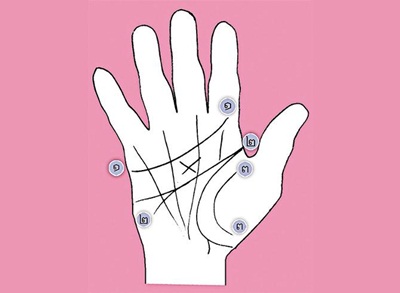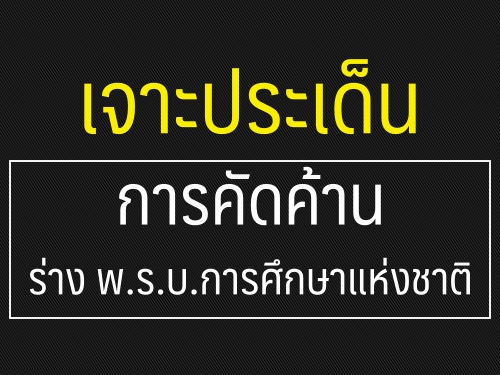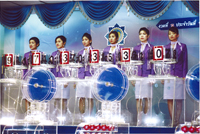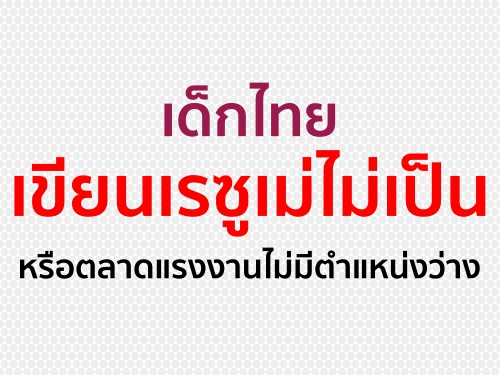การวิจัยนี้มีวัตถุประสงค์ (1) เพื่อเปรียบเทียบผลสัมฤทธิ์ทางการเรียนก่อนและหลังได้รับการจัดการเรียนรู้โดยใช้โมเดลซิปปา (2) เพื่อเปรียบเทียบความสามารถในการคิดวิเคราะห์ก่อนและหลังได้รับการจัดการเรียนรู้โดยใช้โมเดลซิปปา และ (3) เพื่อศึกษาความพึงพอใจของนักเรียนที่มีต่อการจัดการเรียนรู้โดยใช้โมเดลซิปปา กลุ่มตัวอย่างเป็นนักเรียนชั้นมัธยมศึกษาที่ 1
ปีการศึกษา 2558 โรงเรียนเทศบาล ๒ วัดปราสาททอง จังหวัดสุพรรณบุรี จำนวน 42 คน ที่ได้มาโดยการสุ่มตัวอย่างแบบกลุ่ม เครื่องมือที่ใช้ในการวิจัยประกอบด้วย (1) แผนการจัดการเรียนรู้โดยใช้โมเดลซิปปา จำนวน 10 แผน (2) แบบทดสอบวัดผลสัมฤทธิ์ทางการเรียน (3) แบบทดสอบวัดความสามารถในการคิดวิเคราะห์ และ (4) แบบวัดความพึงพอใจที่มีต่อการเรียนรู้โดยใช้โมเดลซิปปา สถิติที่ใช้ในการวิเคราะห์ข้อมูล คือ ค่าเฉลี่ย ค่าส่วนเบี่ยงเบนมาตรฐาน และการทดสอบค่าที (t-test) แบบ dependent
ผลการวิจัยปรากฏว่า (1) ผลสัมฤทธิ์ทางการเรียนของนักเรียนที่ได้รับการจัด การเรียนรู้โดยใช้โมเดลซิปปาหลังเรียนสูงกว่าก่อนเรียนอย่างมีนัยสำคัญทางสถิติที่ระดับ.01 (2) ความสามารถในการคิดวิเคราะห์ของนักเรียนที่ได้รับการสอนโดยใช้โมเดลซิปปาหลังเรียนสูงกว่าก่อนเรียนอย่างมีนัยสำคัญทางสถิติที่ระดับ.01 และ (3) นักเรียนมีความพึงพอใจต่อการเรียนโดยใช้โมเดลซิปปาในระดับพึงพอใจมากที่สุด
คำสำคัญ โมเดลซิปปา ผลสัมฤทธิ์ทางการเรียน ความสามารถในการคิดวิเคราะห์
Thesis title : The Effect of Instructional Management by CIPPA Model , which resulted in Learning and Analytical Thinking Ability, on the Topic of Asian Travelling and Oceania Land for the students in Matthayomsuksa 1 at Tessaban2(Wat Prasatthong) School in Suphan Buri Province
Researcher: Mrs. Chomluck Unsiri
Expert Advisors : (1) Dr. Jintana Thanavibulchai, Associate Professor; (2) Dr.Somkid Promjui, Associate Professor; (3) Dr.Pannamas Prompira;(4) Mrs. Vilawan Duriyaprapan; (5) Miss La-iad Sotcomcam
Academic Year : 2015
ABSTRACT
The purpose of this study were to (1) compare the learning achievement of the students before and after applying the CIPPA Model (2) compare the analytical thinking of the students before and after applying the CIPPA Model and (3) study the satisfaction of the students , that had been applied the CIPPA Model. The 42 students from Matthauyomsuksa 1 academic year 2015 , were simply selected by cluster sampling. Research consisted of these instruments (1) 10 lessons plans of CIPPA Model (2) a learning achievement Test (3) an analytical thinking test (4) the satisfaction toward the CIPPA Model Test . The statistical procedures , t- test dependent , average , and standard deviation , were applied in order to support data analysis.
Research findings revealed that (1) the students learning achievement after being taught by applying the CIPPA Model was significantly higher than their pre-learning at the level of .01 (2) the students analytical thinking after being taught by adopting the CIPPA Model was considerably greater than their pre-learning at the level of .01 and (3 ) the students rated the CIPPA Model as the highest level of satisfaction
Keywords : CIPPA Model / Learning achievement / Analytical Thinking


 ค้นหาทุกอย่างในเว็บครูบ้านนอก :
ค้นหาทุกอย่างในเว็บครูบ้านนอก :































